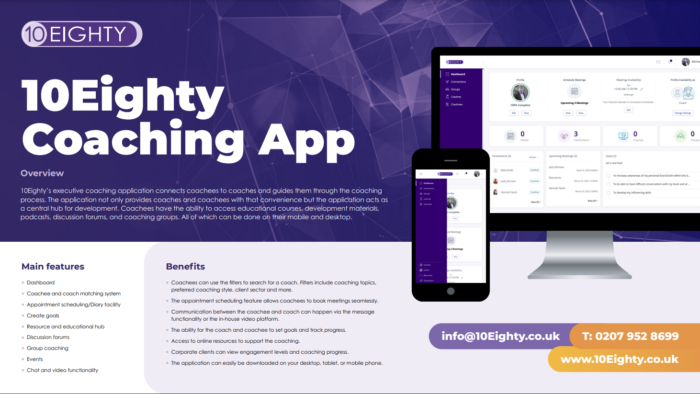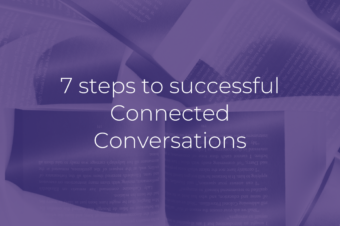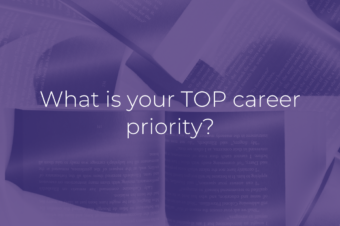Coaching has become the go to tool to help improve an individual’s performance. What was once a remedial tool, ‘improve or else’, is now an accepted method to help the newly appointed C suite officer, part of talent management/succession planning programmes for high potentials or those destined for great things.
Reassuringly expensive and highly selective, a coaching arrangement is seen as a badge of honour, only offered to those destined for greatness, the chosen few.
This article was inspired by a recent piece by Emma Jacobs in the Financial Times about coaches who act as a sounding board and help leaders to prioritise competing demands. She quotes a senior director, dealing with factory closures and supply chain snarl-ups, who says: “If I want to talk about finance I’ll talk to the finance director. If I want to perform at my best, I’ll talk to the coach.”
Democratising coaching
Jacobs suggests that a coach is a ‘must-have’ for a chief executive officer. However, it is my belief that the market is changing dramatically with the advent of smart technology and a new breed of coaches. It is also driven by the changing demands of the workforce.
Good people want development opportunities; where we have a preponderance of knowledge workers and the development of a demand-led market, organisations need to be employee centric. Employers cannot afford to ignore staff demands around development for fear of them taking their talents to the nearest competitor.
We think everyone can benefit from coaching. At every level, however good you are at your job, I bet you’d like to be better! A coach will help you work through complex, confidential issues that may be difficult to discuss; they will challenge and guide you, from an independent perspective, to address issues and resolve problems.
Moving with the times
Jacobs points out that online platforms have opened up coaching to a wider audience. We use a sophisticated app which allows coaches and clients to meet, match, contract and communicate; the app facilitates coaching conversations and provides resources and training to support those conversations. Online features are integrated with traditional coaching to enable high-performance coaching for all levels of clients.
This democratisation of coaching affords more people the opportunity to benefit from coaching, mentoring and materials to support their career path and development aims. Pre-Covid it was not unusual for a coach to work face to face within commuting distance of their home. Today we can work anywhere in the world provided coach and coachee have access to the internet. And it used to be that those delivering coaching were white haired, elderly gentlemen with a wealth of business experience but today there is a new demographic.
The increase in coach training, the growth freelance working and organisations that provide coaching using associates has opened a new marketplace where the aim is to deliver coaching tailored and personalised to meet individual needs, aspirations and experience.
Making it work for you
10Eighty have recently launched a coaching app, ‘Flow’ that allows clients and coaches to make contact and contract with each other. Then they can work, communicate and meet, sync calendars, share information and resources, and have access to training courses, podcasts and discussion forums. For more information, click here.









